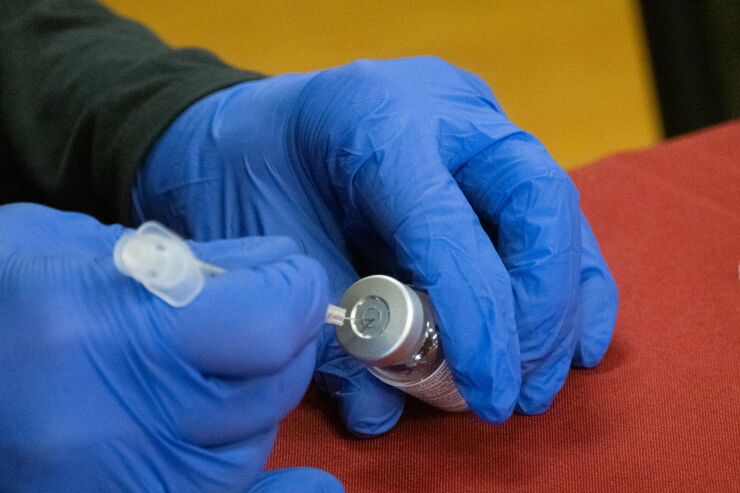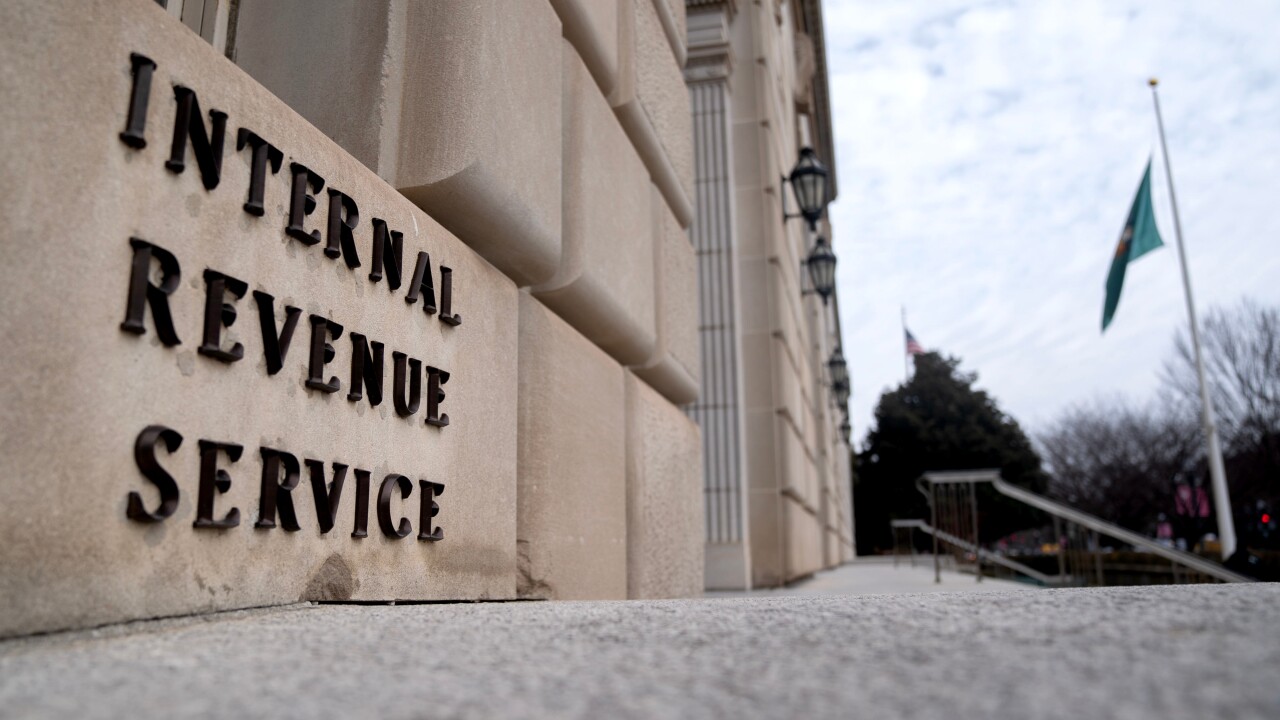U.S. officials responsible for preparing for a pandemic routinely raided funds for public health emergencies, diverting money from vaccine development to pay for other projects at the U.S. Department of Health and Human Services, a federal watchdog said Wednesday.
The Office of the Special Counsel said an anonymous whistle-blower tipped off authorities that funds intended for the Biomedical Advanced Research and Development Authority, or BARDA, were diverted away from vaccines and preparedness. Instead, millions went to pay for other expenses at the Office of the Assistant Secretary for Preparedness and Response, including the removal of furniture, news subscriptions, and unrelated salaries, legal services and administrative expenses.
The misuse of the account as a slush fund was so common that officials at the agency gave it a name: “The Bank of BARDA.”

BARDA is responsible for developing and stockpiling vaccines, drugs, and diagnostic tests to be used against infectious diseases, bioterrorism and other health threats.
The HHS inspector general is investigating the diversion of funds, which could violate federal appropriations laws. The exact amount misspent is unclear, but inspectors said the agency couldn’t adequately account for $517.8 million from 2007 to 2016. As recently as fiscal year 2019, more than $25 million was improperly taken from BARDA, the report said.
The practice began in the Obama administration and continued through the Trump administration, even during the Ebola, Zika and COVID-19 emergencies, the Office of Special Counsel said. The OSC is responsible for protecting federal whistle-blowers.
“I am deeply concerned about ASPR’s apparent misuse of millions of dollars in funding meant for public health emergencies like the one our country is currently facing with the COVID-19 pandemic,” Special Counsel Henry Kerner wrote in a
HHS didn’t return a phone call seeking comment. In a letter to the Office of Special Counsel last year, former Secretary Alex Azar said he had asked for an outside auditing firm to review how costs were allocated.





